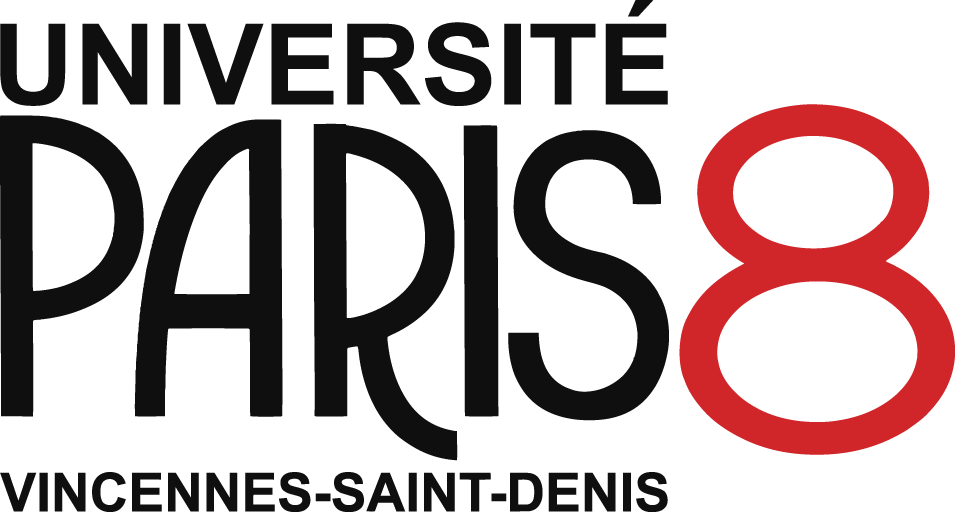Fear and Anger have Opposite Effects on Risk Seeking in the Gain Frame
Résumé
Emotions strongly influence our decisions, particularly those made under risk. A classic example of the effect of emotion on decision making under risk is the “framing effect,” which involves predictable shifts in preferences when the same problem is formulated in different ways. According to dual process theories, this bias could stem from an affective heuristic belonging to an intuitive type of reasoning. In this study, we examined whether specific incidental negative emotions (i.e., fear and anger) influence framing susceptibility and risk-taking identically. In each trial, participants received an initial amount of money, and pictures of angry or fearful faces were presented to them. Finally, participants chose between a sure option and a gamble option of equally expected value in a gain or loss frame. Risk-taking was modulated by emotional context: fear and anger influenced risk-taking specifically in the gain frame and had opposite effects. Fear increased risk-averse choices, whereas anger decreased risk-averse choices, leading to a suppression of the framing effect. These results confirm that emotions play a key role in framing susceptibility.
